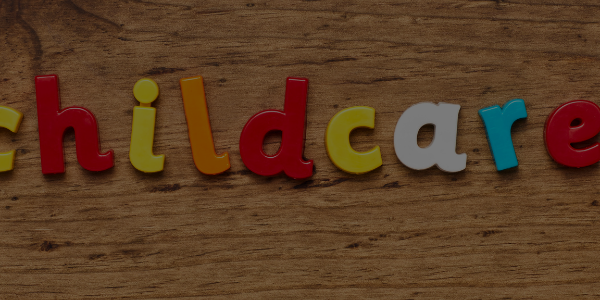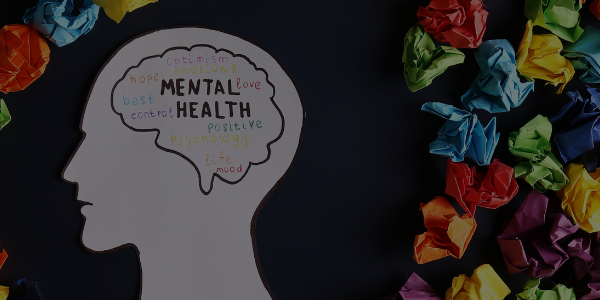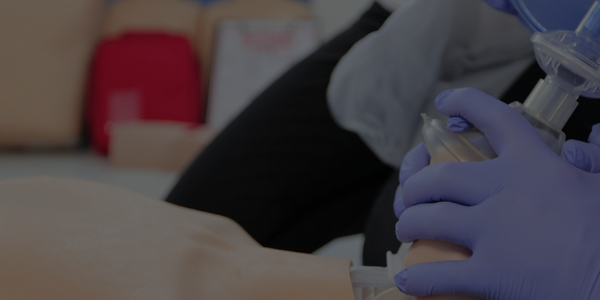What is Convulsions in Children
A convulsion (also called a seizure) is an involuntary, abrupt and rhythmic muscle contraction that lasts for a short time.
A convulsion can occur in any part of the body.
Convulsions in children are usually caused by fever, or a feverish illness.
They rarely signal a serious problem, but occasionally they can be a sign of something more serious.
Convulsions in children are more common than in adults. There are few causes of convulsions in children.
Convulsion is a type of seizure, which is a sudden, uncontrolled electrical disturbance in the brain that affects how your child feels or acts for a short time.
During a seizure, your child may experience unusual sensations and emotions, behave strangely or have uncontrollable jerking movements.
Seizures are caused by abnormal electrical activity in the brain. Though they affect the whole brain, they usually start in one part of it.
Seizures can be triggered by many things, including low blood sugar or blood calcium levels, electrolyte imbalances, fever and brain infections, such as meningitis or encephalitis. Certain medications can cause seizures as well.
Febrile seizures usually last only a few minutes, although they could last longer. If it goes on for more than 5 minutes, call 000 for an ambulance straight away.
How are convulsions treated?
If your child has a seizure, place him or her on the floor. Then loosen any tight clothing around the neck and waist.
Do not place anything in his or her mouth during a seizure, because your child could bite down on it and choke. Stay with your child until the seizure is over and seek medical attention if needed.
Give your child plenty of fluids to drink, including water, juice (diluted if necessary), and warm soups and teas.
Offer foods such as chicken soup, noodles, cooked cereal, bananas, and rice — whatever sounds good to him. Go easy on strong-smelling foods like garlic, onion, and spicy dishes when your child is congested.
Please note that regular First Aid and CPR Training is the best way to make sure that you’re prepare in the case of an emergency. Book a course with us!
Find this article useful? Read more of our blogs here!





